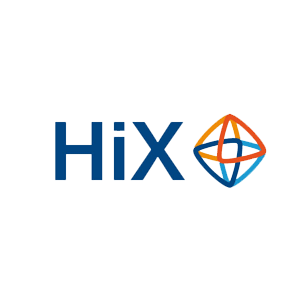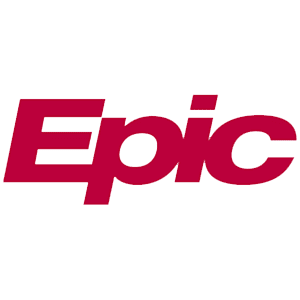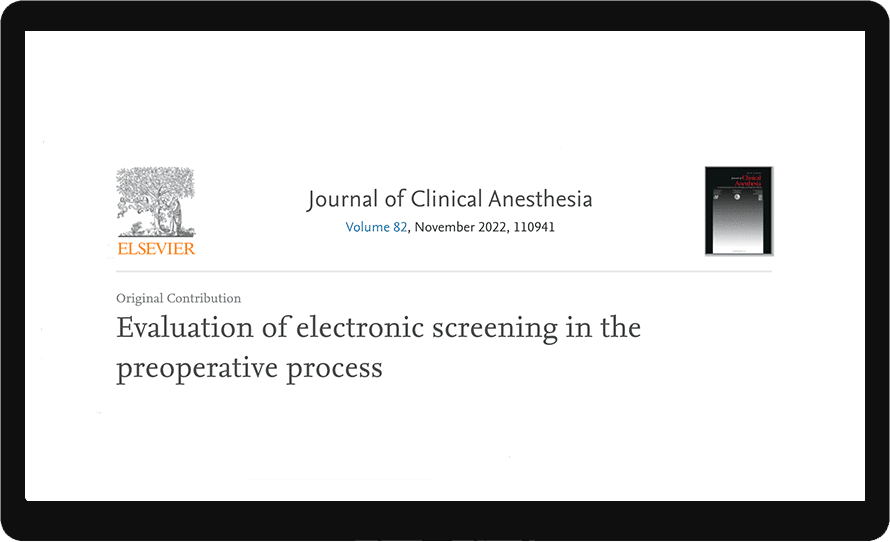The electronic preoperative screening: 60% time savings in 4 steps
1. Online questionnaire
Preoperative questionnaire easily completed from home.
2. Informed consent
Explanatory animations to support patient informed consent.
3. Validated triage
For digital approval, telephone or outpatient screening.
4. Reporting in EPD
Clear insight into the patient's health status.

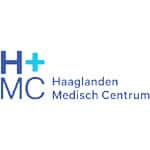
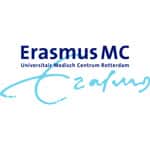
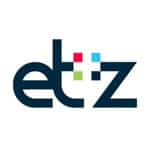
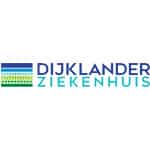
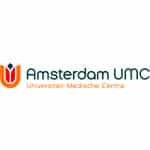
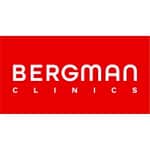
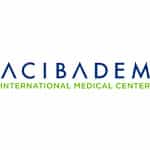
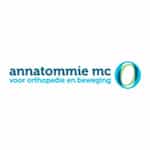
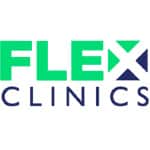
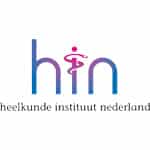

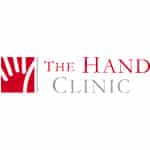
Focus on integration
Integration is vital to reduce registration burden. E-POS automates preoperative screening, linked to your EHR.
The validated benefit of electronic screening
E-POS is the safest and most reliable proven savings in preoperative screening in hospitals and clinics. E-POS has been scientifically validated by the Amsterdam UMC.
- Scientifically validated: 'Journal of clinical anesthesia'
- Time savings of 60%
- 85% decrease in outpatient consultations
- Interface with Chipsoft, Epic, CNS-Connect and Nexus
- ISO 27001 & NEN 7510 certified (data security)
1. Online questionnaire
Preoperative questionnaire easily completed from home.
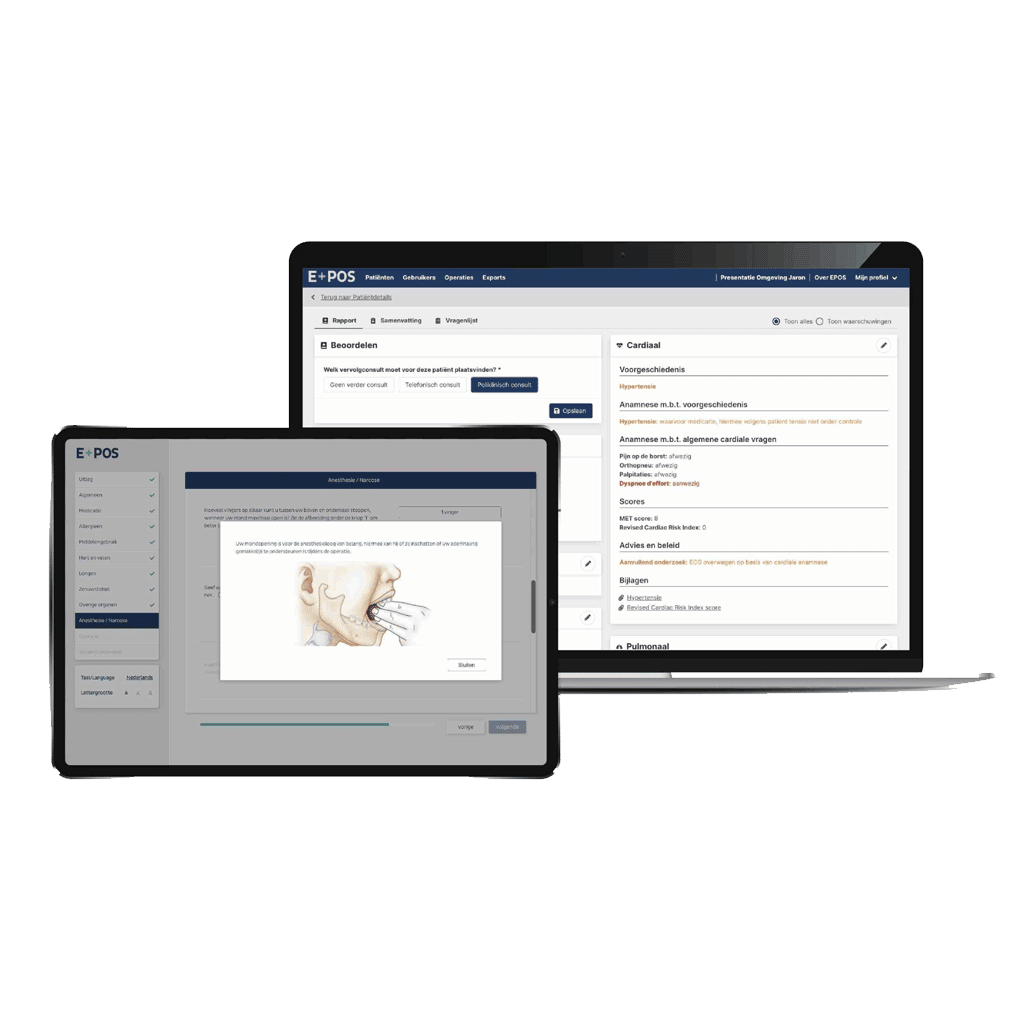
The online health questionnaire is user-friendly and clear with additional information where needed. Patients can complete it at their convenience, at their own convenience. This prevents errors and is an extra piece of service for the patient.
The content of the questionnaire conforms to national and international guidelines regarding preoperative screening.
On average, it takes a patient 10 minutes to complete this questionnaire. The questionnaire can be completed on different devices such as: cell phone, tablet or a desktop. The questionnaire is available in multiple languages.
Should the patient need additional clarification on any of the questions, this can be done by clicking on the i of information. The patient is then informed about why a particular question is asked. Diseases or symptoms are also explained in a patient-friendly way.
2. Informed consent
Explanations via animations and automated informed consent request.
E-POS informs the patient through animated videos, informative texts during the medical procedure, anesthesia techniques and combinations to be used, as well as the associated risks.
The patient can then give informed consent. This is incorporated into the report(read step 4).
Informing patients by means of medical animation videos have a lot of added value for low-literate people, people from immigrant backgrounds and the elderly. Basically, all patients benefit from the videos as visual information is easier to understand and sticks better.
The patient can watch the videos as often as needed (at home) without time pressure. He or she is naturally shown only the animations relevant to his or her upcoming surgery.
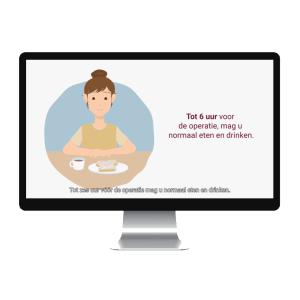
3. Validated triage
Suitable for digital approval, telephone or policy consultation required.

On the basis of patient- and operation-related information, triage takes place, as a result of which 85% of patients no longer need to come to the hospital unnecessarily. The first contact moment between the anesthesiologist and the patient then takes place on the day of surgery. The triage results in one of the following recommendations: suitable for digital approval, telephone consultation required or outpatient consultation required.
The triage system leaves more time in the outpatient preoperative screening for more complex patients with higher risks of complications during the perioperative process. This method of triage is also profitable for the patient. The patient has to spend minimal free time filling out the questionnaire and make fewer trips to the hospital.
E-POS is distinguished from other preoperative questionnaires by smart algorithms that generate an intelligent conclusion.
This has great benefits for the hospital, the healthcare professional and the patient! The use of E-POS greatly increases quality, safety and patient satisfaction.
4. Reporting in EPD
Clear insight into the patient's health status.
The report generated by E-POS based on the patient- and surgery-related information includes: an overview of the patient's health status, a validated rationale for the triage advice and recommendations regarding any additional diagnostics and treatment as part of the preoperative consultation .
The E-POS report provides an overview of the patient's health status. Using the E-POS report, the anesthesiologist is supported during his preoperative consultation and during his perioperative management. Using colored bullets, the anesthesiologist is alerted to relevant issues within the report. This makes reading the reports easy, effective and time-saving.
The report includes the following topics, among others: rationale for triage advice, relevant history, media action, allergies, intoxications, tract history, previous anesthesia, advice any additional diagnostics and reference to guidelines.
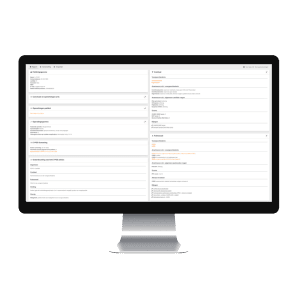
All about E-POS and its uses
The patient receives a secure email containing the questionnaire and animation videos to support informed consent.
- Completing the questionnaire takes between 5-10 minutes, depending on the patient's health status.
- Once the questionnaire is completed, the patient is immediately shown animation videos explaining the sobriety policy, preparation for surgery and anesthesia procedure and risks.
- After this, the patient gives a digital approval.
Once the patient is completed, the anesthesiologist determines the appropriate follow-up consultation based on the advice and report from E-POS.
It is important that the questionnaire is accessible to all target groups. Think of people with an immigrant background, the elderly but also the low-literate.
Therefore, there are several ways to complete the questionnaire:
- Independently from home via a smartphone, tablet or computer
- Under the guidance of a family caregiver, home care worker via a smartphone, tablet or computer
- At the outpatient clinic via a kiosk computer or tablet
- At the outpatient clinic under the supervision of a medical secretary or physician assistant (for those with low literacy)
Would you like to complete the questionnaire yourself? You can request that here.
By default, the questionnaire asks all necessary questions required for a safe preoperative examination. Relatively healthy patients are asked the minimum required questions. In patients with multiple underlying health problems, further questions are asked as needed.
It is also possible to add your own questions for a nursing consultation, for example.
A sample questionnaire can be downloaded at this link.
- The response rate of the questionnaire is about 97.5%. This is partly due to:
- The translations (Dutch, English, Spanish, Polish, Turkish and Arabic)
- Sending the questionnaire without logging in with DigiD (with other security assurance method)
- Automatic reminders for patients who forget to complete the questionnaire
It is possible to see E-POS live in operation at our clients. If desirable, NovaCair can mediate this.
When picking a suitable hospital for a work visit, it is important to consider:
- The EHR in use
- How long the system is live
Requesting a customer visit can be done through this link.
Saving E-POS depends on the current process and patient population. In FTE it varies between 30% and 60%. It is possible to have this mapped out without obligation through a 60-minute conversation. After this conversation, the following deliverables will be provided:
- Process drawing of the current process
- Process drawing showing an example of the work process after implementation of E-POS
- Calculation of potential savings by job group in Excel for own assessment
You can request this call via this link. Don't want a conversation yet but want more insight into the savings? Then it is also possible to fill out the savings calculator here.
Unable to find your question or have other questions? If so, please feel free to contact us.

